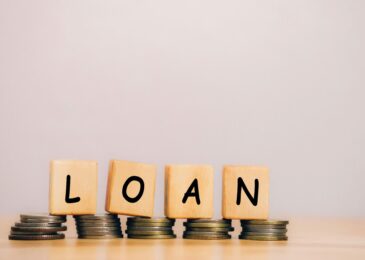The Contract-for-Difference or CFD trading is a way of speculating on stock market rates, including forex, stock indexes, assets, and bonds.
What are CFDs?
More generally referred to as futures, without the broker directly buying the underlying commodity, CFDs offer a sector exposure.
CFDs often allow you to share a viewpoint on a market’s potential path. You are essentially entering into a deal with us to share the instrument’s opening price value and where you have eventually opted to close in the future. The degree of benefit or loss would be determined by the distance between your opening and closing price and your place size.
CFDs allow you to invest in financial markets when you may go long or short, whether growing or falling. Unlike other financial instruments, such as futures, cash-based CFD transactions do not have an expiry deadline.
What is CFD Trading Leverage?
You would be required to put down a percentage of the position’s full market value, defined as its exposure while selling CFDs. This ensures that you will obtain a sizable equity exposure with a limited initial capital outlay, known as margin or deposit. This principle of leveraging, or gearing, provides traders with the ability to trade markets that they just would not have been willing to do otherwise.
Leverage ensures a limited capital outlay will go farther, but this will often result in increased benefit and loss swings within the portfolio. Like other financial goods, you’ll lose money if the economy turns against you. But since debt is involved in CFD investing, there is a far larger chance that you will lose considerably more than the money you have spent. Trading CFDs thus needs closer scrutiny than transactions that are unleveraged, such as physical securities.
Trade Expenses
The cost of exchanging CFDs with us depends on your preferred form of account.
What’s regarded as the spread, or the disparity between the buying and selling price, is the simple expense. Additional commission costs may also be considered, so match accounts and find the correct account for you based on your trading needs. If you keep a spot over the rollover stage, which takes effect every day at 5 pm EST and is determined depending on the associated swap cost, there is an interest fee. For certain traders that hold sizeable positions, this may be considered, and they will always close out before this point.
A CFD trader’s characteristics
CFD traders are varied in their attributes, but our most active buyers are ambitious, knowledgeable about capital markets, and continuing learning. Before taking an interest in CFDs, they undoubtedly had experience trading or investing outside of derivatives.
Of necessity, our consumers have a more substantial capacity for danger and recognize that debt will magnify both benefit and loss. There would be reasonable concern and respect for handling risk for a profitable trader. Either through electronic specialist advisors (or EAs), technological or market action research, or more fundamental factors, they prefer to exchange methodically.
CFD traders prefer to keep roles for shorter time frames because of the large amounts of leverage, causing greater control of positions and portfolios.
Risk Management
Since CFDs are leveraged goods, relative to the original capital outlay, it is probable for you to either benefit or lose far higher sums, and your losses will outweigh your deposits.
Risk management is a crucial concern for all active CFD traders for this cause, and we encourage you to watch one of our multiple risk management webinars to help you leverage this discipline. We also provide several stop-loss orders that, at a particular stage, would close your exchange.
A perfect way to see if CFD trading is correct for you and practice your trading strategy is to open a demo account. Arm yourself with our regular news segment on the economy and online learning.





